'Space for election monitoring is shrinking'
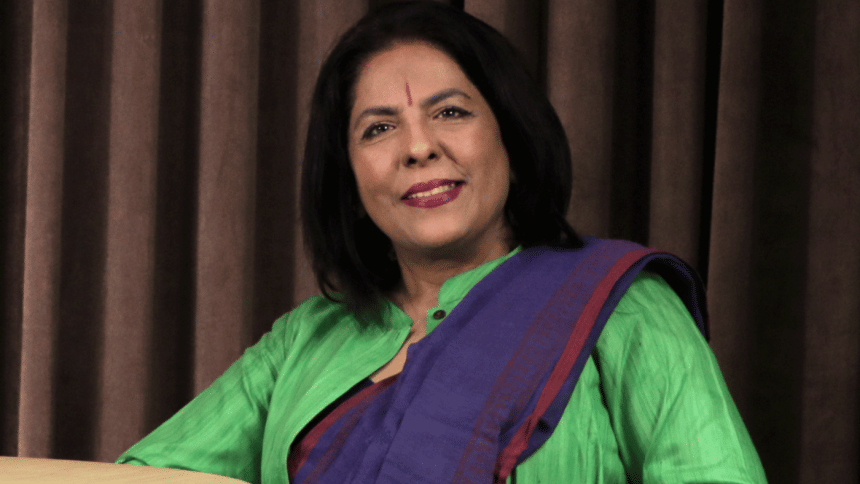
In the last participatory election in Bangladesh, held in 2008, the number of international election monitors was 593 while the number of local monitors was 100,059 from 75 organisations. This time, as of today, we have some 25-26 thousand local monitors and less than 100 international monitors only. Why is that?
I think there are several aspects related to the inclusion process of election monitors. First of all, while listing the election monitors, the Election Commission has ignored many experienced monitors but at the same time included a number of new observer groups, which we had no prior knowledge of. The listing is usually done fulfilling certain criteria. I don't think the EC has fulfilled all of those criteria this time. Secondly, there is a general understanding in our society that the international community doesn't want to monitor an election if there is not a functional democracy in the country. Case in point: the 2014 election, which was shunned by the international observers as flawed. The 2018 election would have drawn even fewer international monitors had it been considered a completely one-sided one.
But there is another issue attached to it. It seems Bangladesh no longer warrants urgent attention from the international community. For example, the EU is not sending any observation mission this time. Two potential factors may have contributed to this de-prioritisation process: 1) the international community feels that their attention and assistance are needed elsewhere as Bangladesh has progressed considerably in terms of building a democratic structure; or 2) they feel that there will be a one-sided election this time too. Conversely, however, the US has shown considerable interest in observing and supporting election monitors.
A third reason behind the dwindling interest or presence of election monitors can be related to the shrinking fund for this purpose. The culture of election observation in Bangladesh has developed in large part due to assistance from the international community. So funding for such activities is very important.
Recently, the Asian Network for Free Elections (ANFREL) cancelled its observation mission for the December 30 election after Bangladesh failed to issue visas to the majority of its international monitors. The Bangkok-based ANFREL mission was funded by the US. How would you view this development?
This is very unfortunate. I don't understand why the ANFREL observers would be denied visas. ANFREL is a well-known international observation group with experiences of working in many countries. It has worked in Bangladesh too. Which begs the question that despite what it claims, is the EC really encouraging election monitoring? I don't think it is. Can the EC be solely blamed for this? I don't think it can either, because granting credentials and issuing visas is the responsibility of the government. This raises concerns about the potentially shrinking space for election observation.
Election is a process that involves a whole range of activities over a certain period, not just what happens on a single day. It starts with the announcement of the election schedule and culminates with the act of voting on the poll day. Why is it then that only the activities of the poll day are observed?
Well, unlike in the past, I think one sort of observation does begin with the announcement of the election schedule today. We remain alert. But you're right. The formal process should begin start when everything begins because how it begins can say a lot about how it will pan out eventually. Speaking of this year's pre-poll environment, I must say that I have never seen such a situation before in my 18 years as an election observer. It's strange, to say the least. Forget about a level playing field. Let's just focus on the term "playing field." How even is it? The fact that candidacy has been rejected just a week before the election is unprecedented. Many constituencies don't even have any opposition candidate, which means that election there is going to be one-sided. Equally worrying is the tendency to disregard the Constitution and relevant laws, especially in matters related to campaigns. Who will we turn to or hold responsible when things go bad? I think the EC and the government have a big responsibility to play in ensuring that no violation of any sort takes place. They cannot avert that responsibility.
How would you assess the role of the EC so far?
It's frustrating when you make a comparative analysis of its performance. Think of the EC's performance during the last local government elections—say, the Union Parishad elections. There was so much violence, so much death. We have observed similar kinds of violence during the Union Parishad elections in 2003. So there has been no progress at all during this period. Clearly, the EC has failed to assert its authority and play the role expected of it. And it has displayed its weaknesses like never before, like no other EC in the past. Cracks within the EC have also been exposed, with one member of the team blaming the other. There are deep divisions in the commission. We don't expect this kind of behaviour from the EC. It is also sending mixed messages about the prospect of a 100 percent free and fair election, saying that it is not possible. This is intended to take some blame off it in case there is any untoward incident, but it is also true that Bangladesh too has had credible, if not totally spotless, elections. So despite what it claims, a free and fair election is possible.
Since the restoration of democracy in 1991, all elections except two (in February 1996 and January 2014) were held under caretaker governments. These elections were relatively credible and participatory, but those held under a party led government were not. Is there any reason?
I have a different view of the elections held under a caretaker government, but let me focus on elections held under a party led government. Our electoral experience shows that every time there is an election held under a party government, there is unrest and chaos. It happens because those in charge of conducting the election do not do their job properly. They view the election from a winner-takes-it-all perspective, which leads to widespread protest and resistance, and eventually the politicians are forced to get back on track. Our politicians, given the chance and in the absence of proper checks, often tend to derail the train of democracy, and every time they do that, the people of this country fights back and resists until some semblance of democracy is restored. The democratic process must be respected or people will always find a way to make our politicians listen.



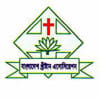
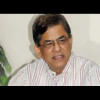

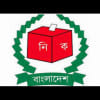
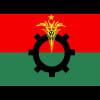


Comments